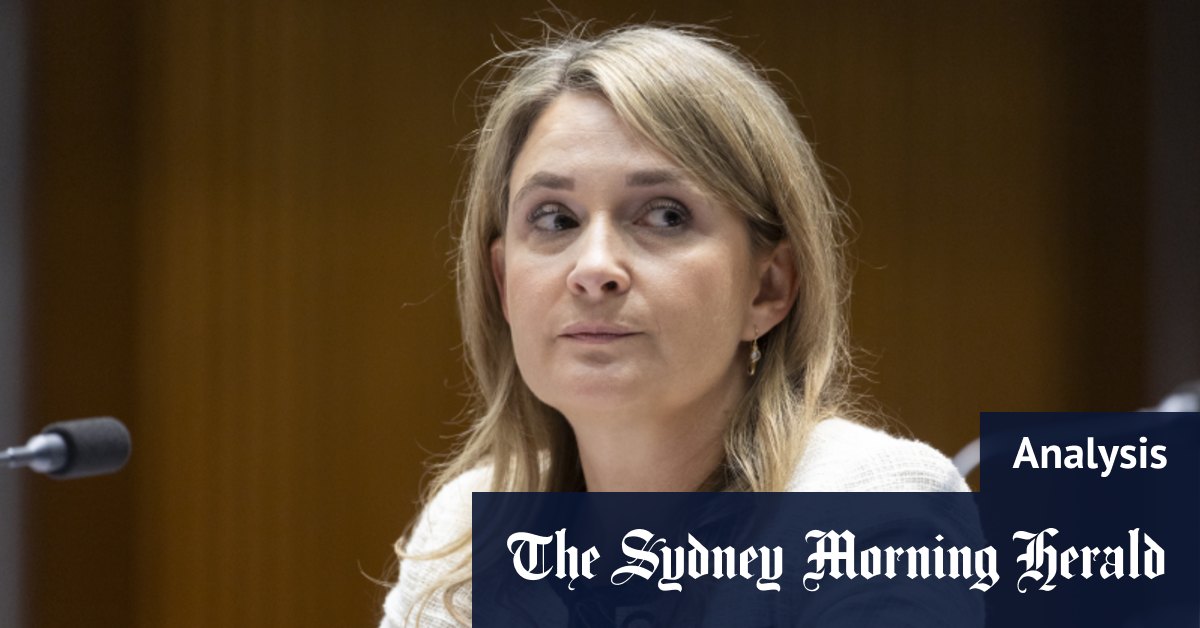“Didn’t they learn from the previous saga that the first thing they had to do was cover off the government?” says one of Australia’s top corporate communication advisors, who would only speak anonymously given their work requires discretion. “Even if Optus didn’t know what was going on, you tell the government you’ve got a problem and open the lines of communication.”
Loading
There are simple rules to follow in responding to a crisis say a number of the country’s top corporate troubleshooters, who all declined to speak publicly. That is, when there is a crisis: own the problem, apologise, do your penance. But above all, move fast and communicate, communicate, communicate with all stakeholders, whether its customers, shareholders or the government.
The argument for speed is that stakeholders will be more forgiving if you are quick to acknowledge there is a problem, show that you understand the distress it’s caused, apologise, and keep explaining in regular updates what you are doing to fix it. Another reason for speed is that social media has dramatically shifted the balance of power from companies to their critics.
Regular communication with all stakeholders in a crisis will help reduce a public backlash. The best example of this was during the pandemic, when the state premiers held daily briefings at a scheduled time. It set expectations and gave everyone reassurance that they would be kept informed.
Good companies have a war room ready to go when a crisis hits. However, what often prevents companies acting quickly are internal decision makers such as lawyers or financial officers who worry an admission of guilt will lead to lawsuits or hit the bottom line. It’s when a chief executive has to overrule those internally, knowing it’s more important to allay the concerns of all stakeholders with a view on what is the end game in the crisis. If not, the cost and public relations fallout can be higher.
Even when a CEO communicates effectively, the crisis may be so bad, that the only circuit-breaker is for the boss to resign. This was what happened at Optus, Qantas and PwC Australia this year.

Alan Joyce retired early after a series of customer service failings and allegations the national carrier sold thousands of tickets on ghost flights. Credit: Dion Georgopoulos
But even then, changing the CEO is not always a fix, if the company hasn’t addressed the underlying problem, which may be cultural.
Consider Qantas, and the fight and hubris that came from the national carrier’s board and management when it was seemingly deaf to its customer service failings. This included not refunding more than half a billion in cancelled flight credits owed to customers for two years. Only after it was revealed that the airline was being sued for allegedly selling thousands of tickets to customers on ghost flights, did the company’s tone begin to change, with the early exit of its chief executive Alan Joyce.
But even now, after Joyce has gone, replaced by Vanessa Hudson, Qantas is making arguments in court that would not pass the pub test with customers. As it fights allegations that it sold tickets on ghost flights, Qantas lawyers have argued it was “selling a bundle or rights” that “expressly excluded any guarantee of flight times”.
Loading
Is Qantas acting differently? Has it learned from the mistakes in how it treated customers?
Another leading corporate communication advisor says most companies brands are stronger than the individual who leads them, and will survive a crisis. The caveat to that is ensuring the company’s board picks the right replacement, who truly demonstrates that things will be different from now on.
What remains surprising is how often companies and chief executives fail to learn lessons from past crises, and there are many in corporate Australia from the Royal Commission into the financial services sector, to sexual harassment and fraud scandals at AMP and National Australia Bank, to name a few.
Perhaps it’s arrogance, ego and the delusion by boards and management that a crisis will never happen on their watch. If that’s the case, then as the nursery rhyme goes Jack fell down and broke his crown and Jill came tumbling after.
The Business Briefing newsletter delivers major stories, exclusive coverage and expert opinion. Sign up to get it every weekday morning.
